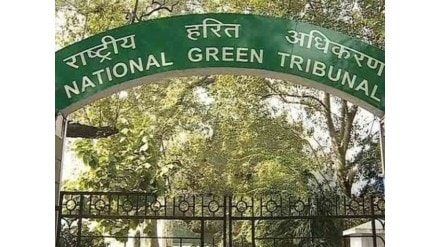The Central Pollution Control Board (CPCB) informed the National Green Tribunal (NGT) that several samples of tap water collected from homes in Janakpuri were not potable as they showed contamination of Coliform and E. coli bacteria.
The National Green Tribunal was hearing a plea of the Janakpuri A1 Block Resident Welfare Association, which accused Delhi Jal Board’s (DJB) potable fresh water supply of being contaminated with sewage, exposing residents to E. coli, hepatitis, urosepsis, typhoid, jaundice, cholera and even cancer.
NGT slammed the DJB on May 14 for not taking expeditious action and summoned its chief engineer. Earlier, NGT directed the CPCB to take samples from ten new and old locations each, without informing any authority, including the DJB and ordered the samples to be analysed expeditiously, particularly for faecal coliform and E coli bacteria.
A bench comprising of NGT Chairperson Justice Prakash Shrivastava and expert member A Senthil Vel on May 30 said, “The CPCB has filed a report dated May 29, disclosing that 20 samples of tap water were collected from 20 houses, and six have failed the Bureau of Indian Standards (IS 10500:2012) showing the presence of total coliform and E. coli in these samples.”
The bench cited the CPCB’s report, which said, “Out of the 20 samples of tap water collected from 20 houses in A-1 block Janakpuri, Total Coliform and E. coli have been detected in six samples. The drinking water standards of the Bureau of Indian Standards – IS 10500:2012 prescribe that total coliform and E. coli shall not be detected in a drinking water sample.”
“This reflects that the officers of the DJB are taking the matter in a very casual manner. They need to be sensitive to the problem being faced by the residents of that area for want of a supply of clean drinking water,” the bench said.
The National Green Tribunal (NGT) expressed disappointment after the Delhi Jal Board’s (DJB) chief engineer, Mukesh Kumar Jindal, failed to uphold his affidavit promising to fix E. coli and total coliform contamination in the water supply and ensure potable water from an alternate source within three working days. The NGT warned that Jindal would be held personally liable for breaching this undertaking. Consequently, the Central Pollution Control Board (CPCB) was ordered to collect new water samples and submit a report by July 16.
(With PTI Inputs)
